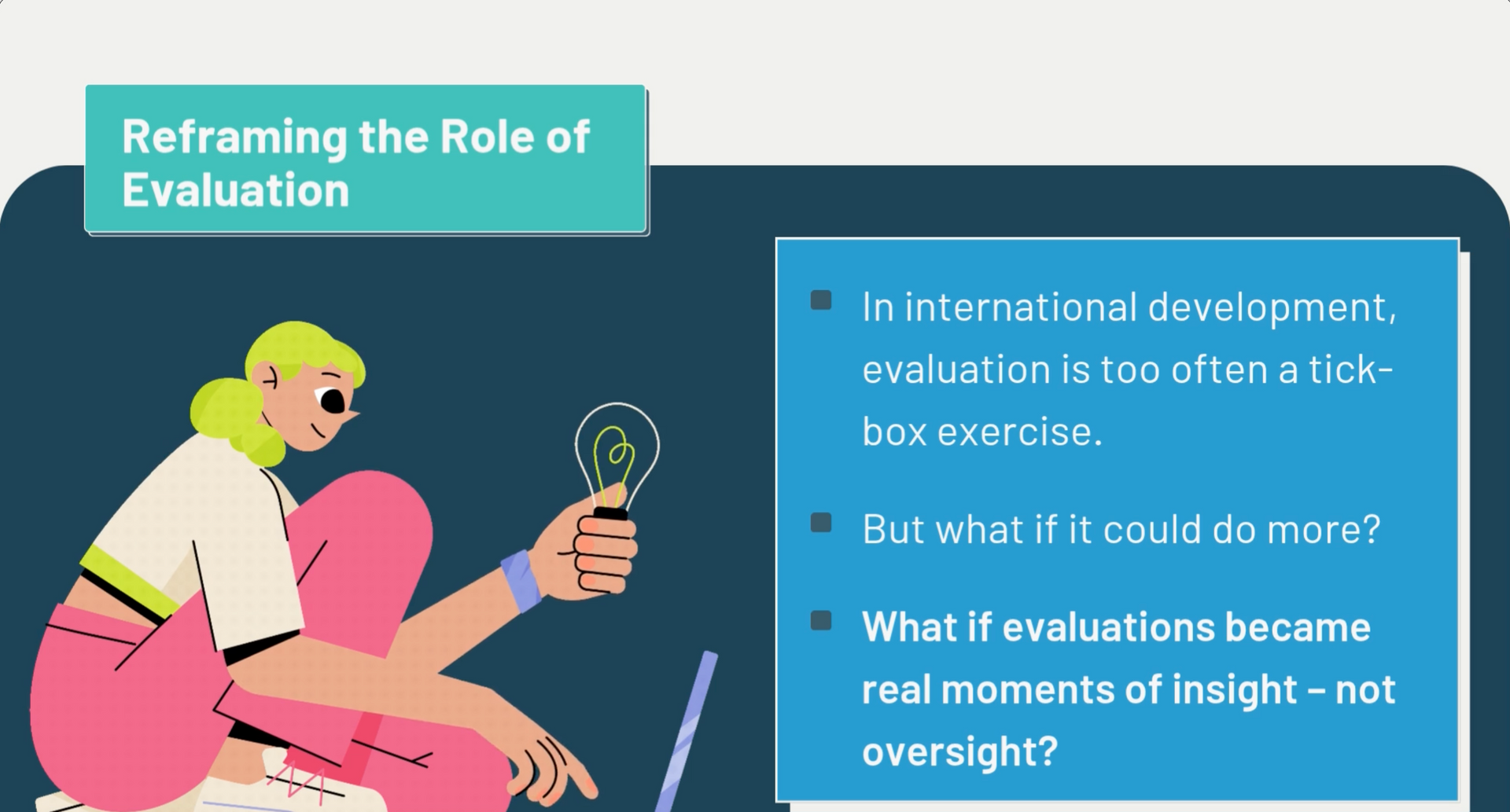Strategic Positioning of the Intergovernmental Oceanographic Commission
An evaluation on behalf of UNESCO (2021)
The Intergovernmental Oceanographic Commission (IOC-UNESCO) is a body with functional autonomy within UNESCO. It is the only UN body specializing exclusively in ocean science, ocean observation, ocean data and information exchange, and dedicated ocean services such as Tsunami Early Warning Systems. Today the demand for sound ocean science to underpin the sustainable management of the oceans is more pressing than ever. In addition, the UN General Assembly has tasked IOC-UNESCO with the design and delivery of the UN Decade of Ocean Science for Sustainable Development (2021-2030). The Decade provides a common framework to ensure ocean science can fully support countries to achieve the 2030 Agenda for Sustainable Development. In the context of the upcoming UN Decade of the Ocean, the IOC-UNESCO agreed with the Internal Oversight Service (IOS) on the merit of conducting an evaluation of its strategic positioning within the UN system and the broader landscape of ocean-related actors and programmes, taking into account relevant enabling policy frameworks to which the work of the Commission responds.
The evaluation aimed to assess the extent to which IOC-UNESCO is strategically positioned to meet the high demand for sound ocean science in support of sustainable management of the oceans in an oceanographic space that is both expanding and increasingly crowded. It is the first strategic evaluation of the IOC-UNESCO in recent years and reflects not only changing global priorities, but its increasing importance reflected in the upcoming 41 C/4 Medium Term Strategy (MTS).
The evaluation was conducted between December 2020 and June 2021. It followed United Nations Evaluation Group (UNEG) evaluation norms and standards and ethical guidelines. The evaluation benefitted from an Evaluation Reference Group comprising both internal and external members, such as IOC-UNESCO national focal points, other globally recognized ocean experts, and UNESCO and IOC-UNESCO managers. The evaluation process and tools were in line with UNEG guidance on Gender Equality and the Empowerment of Women policy and principles.
The evaluation methodology included a draft Theory of Change to assess and make explicit links and causal linkages between IOC-UNESCO activities, outputs produced and the expected outcomes. The evaluation triangulated data collected from a variety of sources, using a mixed-method data analysis approach including qualitative and quantitative data analysis methods. Furthermore, the conduct of outcome harvesting allowed to validate directly with stakeholders IOC-UNESCO’s outcomes, both intended and unintended.
The evaluation conducted key informant interviews and a survey of a broad range of stakeholders including UNESCO National Commissions. Focus group discussions to further explore the issues of gender equality, Small Island Developing States, and Africa were also conducted, as well as two dedicated case studies on the Blue Economy and Marine Spatial Planning. Interviewees included Member States, UNESCO staff at headquarters and field offices, non-governmental partners, and other ocean science policy actors




